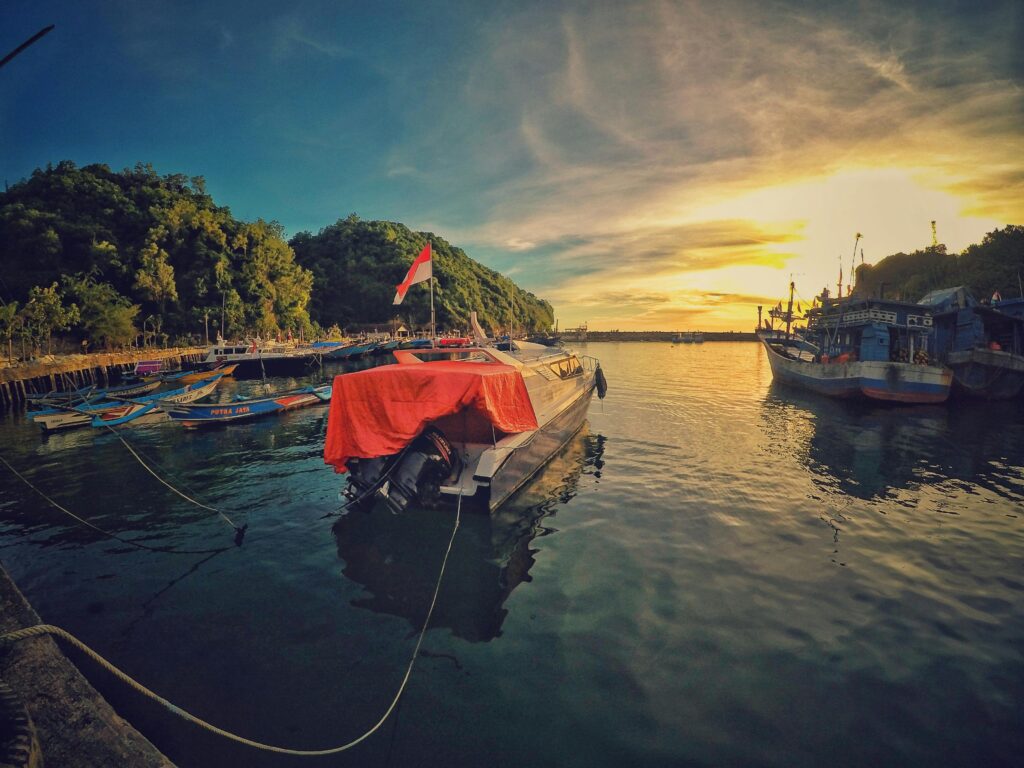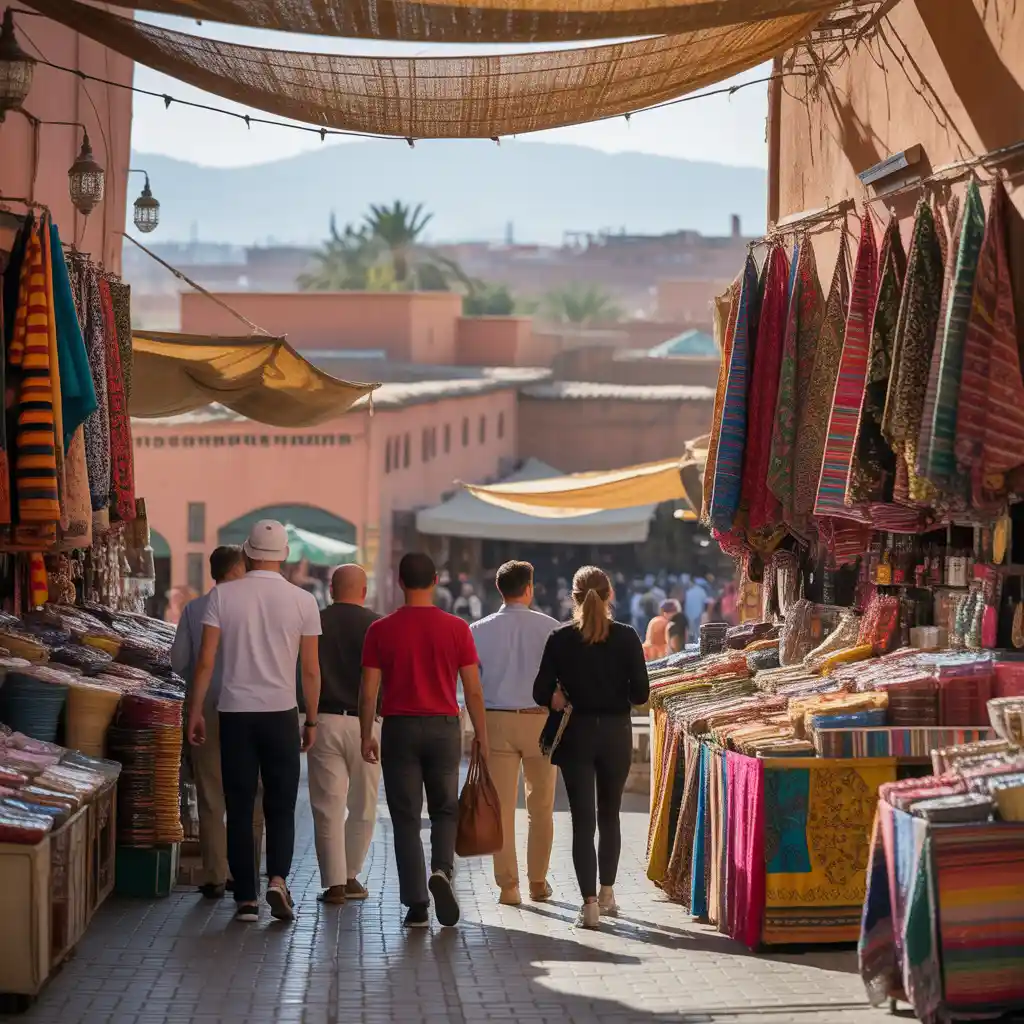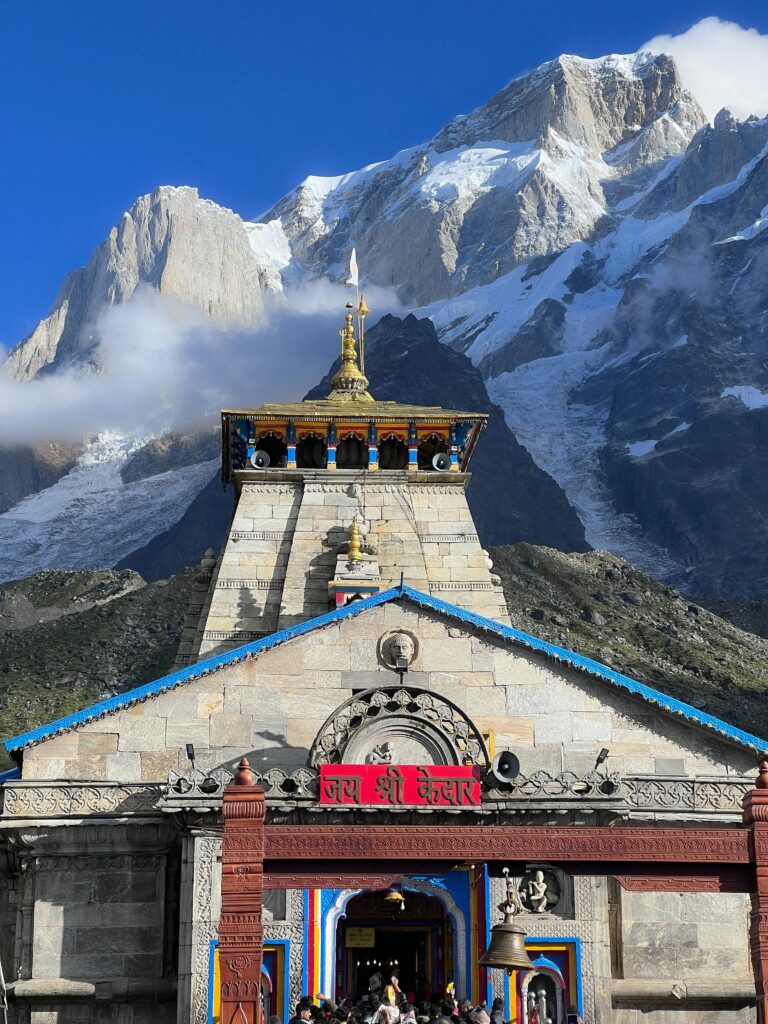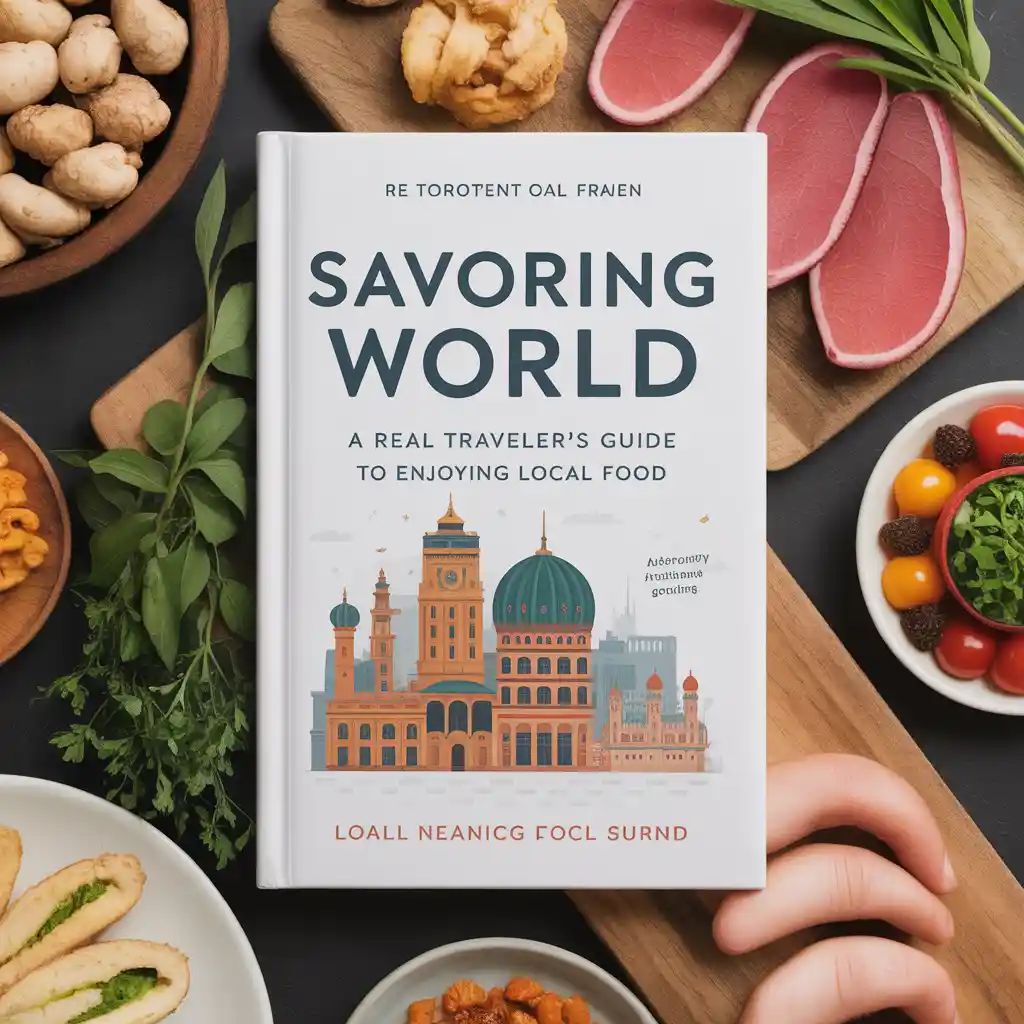Cheapest Visa-Free Countries from India for Tourists
Planning an international holiday but worried about the long visa procedure and exorbitant fees? Don’t worry — you need not always carry a visa to enjoy a fantasy getaway abroad. There are certain visa free countries from india that Indian passport holders can visit without prior documentation. The positive sign? Most of them are not only easily accessible but also budget-friendly. We at Bluejay Travels understand how overwhelming planning can get, so we have made a list of visa free countries from india where you can simply book a ticket, pack your luggage, and take off. Why Are visa free countries from india A Good Idea? save time & effort – No lengthy embassy trips or too much paperwork. budget-friendly – Avoid the costs of visas, which can easily save you ₹5,000–₹15,000. last-minute vacations allowed – Ideal for surprise getaways. top cheapest Visa-Free Countries from India 1. nepal – The Neighbor We All Love One of the easiest and cheapest visa free countries from India is Nepal. You don’t even need a passport if you have a voter ID card! From the Himalayan peaks to spiritual temples, Nepal is both familiar and magical. Average Budget: ₹20,000–₹25,000 for 4-5 days Must Visit: Kathmandu, Pokhara, Mount Everest Base Camp treks Bluejay Travels provides special Nepal packages that allow couples, families, and adventure enthusiasts to plan their trips hassle-free. 2. Bhutan – The Land of Happiness The second neighbor at the top of the list of visa free destinations from India is Bhutan. Famous for its unspoiled beauty and emphasis on Gross National Happiness, Bhutan is ideal for peace lovers. Average Budget: ₹25,000–₹35,000 Must Visit: Thimphu, Paro, Tiger’s Nest Monastery 3. Maldives – For Romantic Getaways Maldives is visa-free on arrival for Indians for 30 days. Ideal for honeymoons and luxury escapes — but if you plan wisely, you can do it on a shoestring as well. Average Budget: ₹40,000–₹50,000 (budget resorts + local islands) Must Visit: Hulhumale, Maafushi, island-hopping tours Bluejay Travels assists in creating budget-friendly Maldives packages within your budget — no need to break the bank. 4. Mauritius – Tropical Bliss Without Visa Stress Mauritius provides visa-on-arrival free for 60 days imagine turquoise beaches, waterfalls, and lush green landscapes. average budget: ₹50,000–₹60,000 must visit: port louis, chamarel waterfall, seven colored earth 5. Indonesia (Bali) – Culture & Beaches Indonesia offers visa-free entry for short visits. Bali particularly is a hit with Indians because of the combination of beaches, temples, and budget luxury. Average Budget: ₹35,000–₹45,000 Must Visit: Ubud, Kuta, Nusa Penida Budget Travel Tips Book flights 2–3 months prior. Reside in local guesthouses or budget hotels. Travel during off-season for lower rates. Make use of Bluejay Travels’ personalized trip planning for optimal offers. ✨ Final Thoughts Travelling outside the country is not always synonymous with going through stressful visa procedures. These Indian visa free countries are ideal for short breaks, honeymoons, or family vacations. From the tranquil landscapes of Bhutan to Maldives’ beaches, your fantasized vacation is now within reach. Want to discover without visa hassle? Have Bluejay Travels organize your trip to these offbeat destinations without burning a hole in your pocket. Because wonderful memories do not require endless lines at embassies.
Cheapest Visa-Free Countries from India for Tourists Read More »










